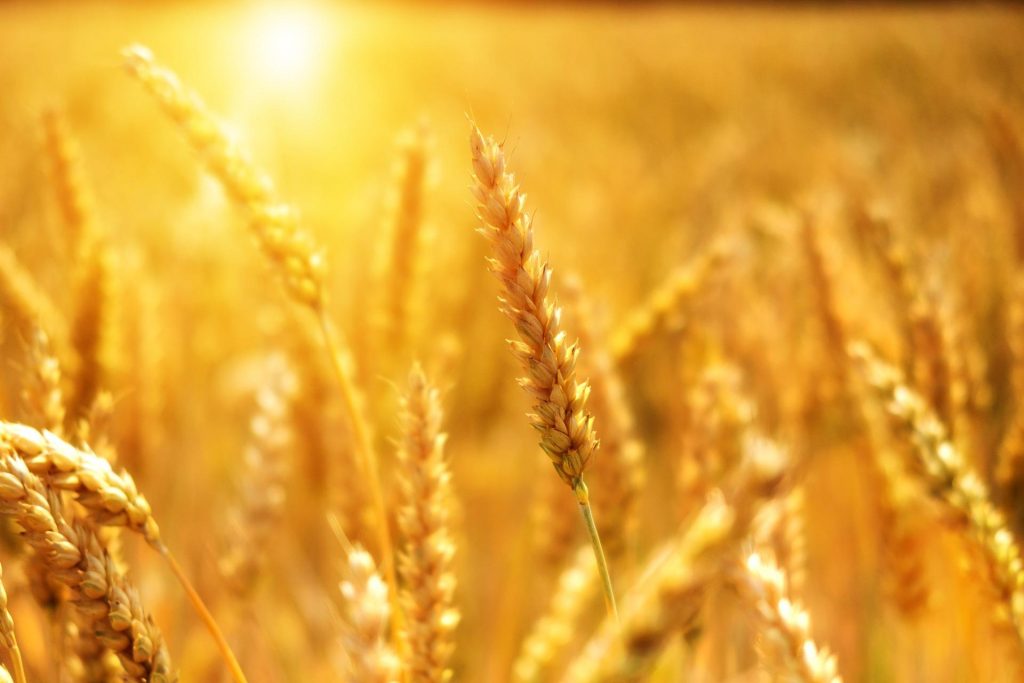Organic Alcohol Origins: Grain and Cane
There are several myths and assumptions surrounding grain and cane alcohol. This makes it quite difficult and confusing to make an informed choice as a new brand owner. In this post, we are going back to the roots and demystify the origins of organic alcohols.

Organic Alcohol: Definition
Both cane and grain alcohols are obtained from natural, nonhybridized agricultural produce grown at a certified organic farm. There should not be any trace of chemical fertilizers, pesticides, or ionized radiation in organic alcohol for it to qualify as such. Post-processing, all forms of organic alcohol must remain free of known carcinogenic ingredients, food additives, and harmful preservatives that are sometimes found in regular alcohol.
Organic Grain Alcohol
Alcohol derived from organically produced corn, rice, barley, wheat, and rye is called organic grain alcohol. Other grains may also be used, but these are the five most common organic grains that are fermented, distilled, and then redistilled to manufacture organic alcohol. Certified bulk manufacturers of organic grain alcohol ensure that all standards specified by the European Union Organics and the United States Department of Agriculture (USDA) are maintained from seeding to redistilling.
Organic Cane Alcohol
Organic cane alcohol is manufactured in bulk as a chief ingredient for producing alcoholic beverages (organic rum) and vinegar. Sugarcane alcohol is also a safe, organic food preservative that’s quite popular within the food industry. Unlike grain alcohol, organic sugarcane alcohol is not obtained directly from sugarcane.
Instead, organically grown sugarcanes are first processed into molasses, and then the molasses are fermented and distilled to get the alcohol. Similar to organic grain alcohol, organic cane alcohol must also be manufactured in adherence to all mandates specified by the European Union Organics and the USDA standards.
Difference in Origin
Cane alcohol is a secondary product derived from organic sugarcane, which is a perennial grass. Organic grain alcohol is a primary product that’s derived from one or more grains like rice, barley, rye, etc.
Difference in Processing
Both organic alcohols are fermented, distilled, and redistilled while maintaining similar organic processing standards. However, cane alcohol is derived from molasses, which is a primary by-product of sugarcane. Therefore, cane alcohol is a secondary product as it is obtained from the primary product. Grain alcohol is a primary product because the grains themselves are directly fermented and distilled to produce the alcohol.
The Difference in Use and Potency Organic grain alcohols of different meshes or single malt varieties are used to distill liquors such as organic whiskeys and vodkas. Grain alcohol is also used in mass quantities to produce 70% isopropyl alcohol, which is an extremely potent, external antimicrobial used for skin sanitization. Other than that, the more concentrated variants of grain alcohol have heavy usage within the pharmaceutical industry.
Organic cane alcohol is used to manufacture organic rums, organic cachaça, natural food preservatives, organic vinegar, natural cosmetics, and more. It is also a more potent liquor than grain alcohol, despite being much safer for manufacturing food-grade beverages than its grain-derived counterparts.
It should be clear that the two alcohols do share some similarities in their organic processing. However, as we can clearly see now, they are not the same in their origin, use, or essence by any means.








